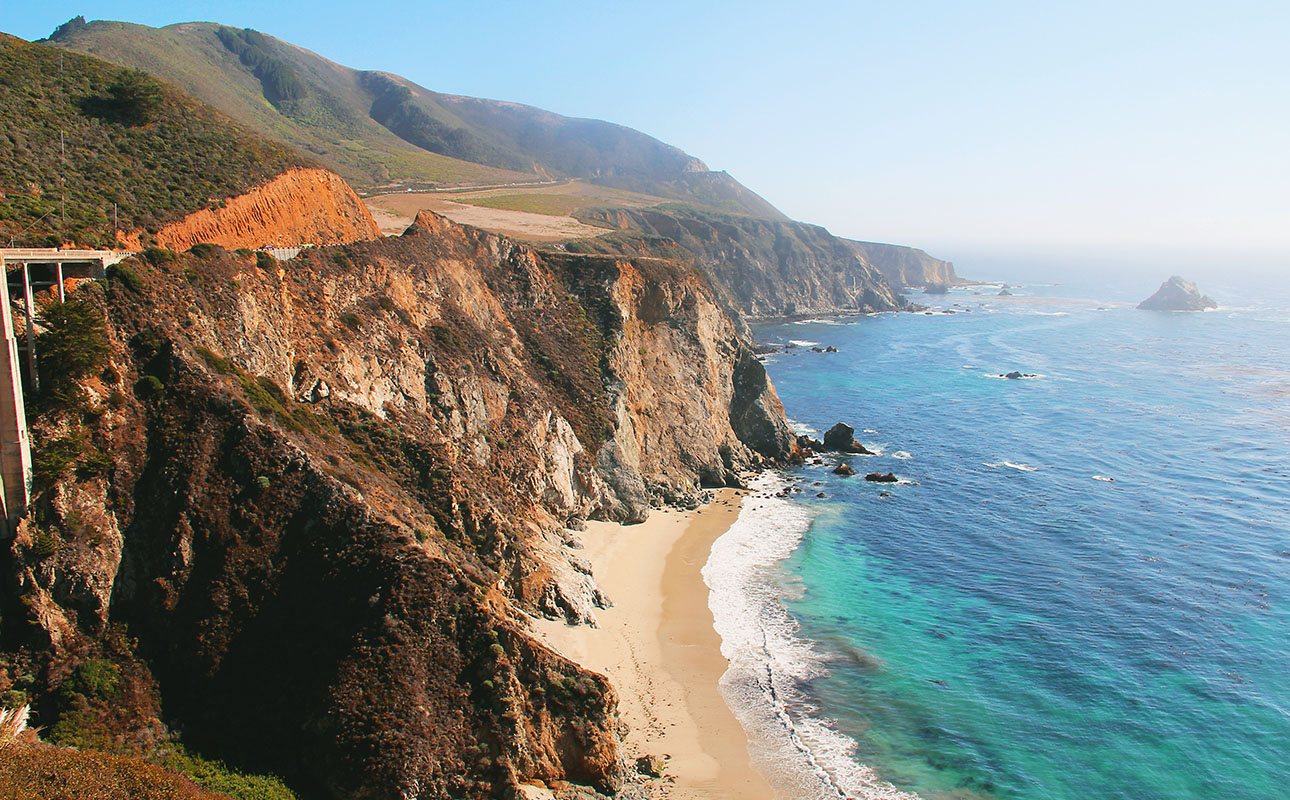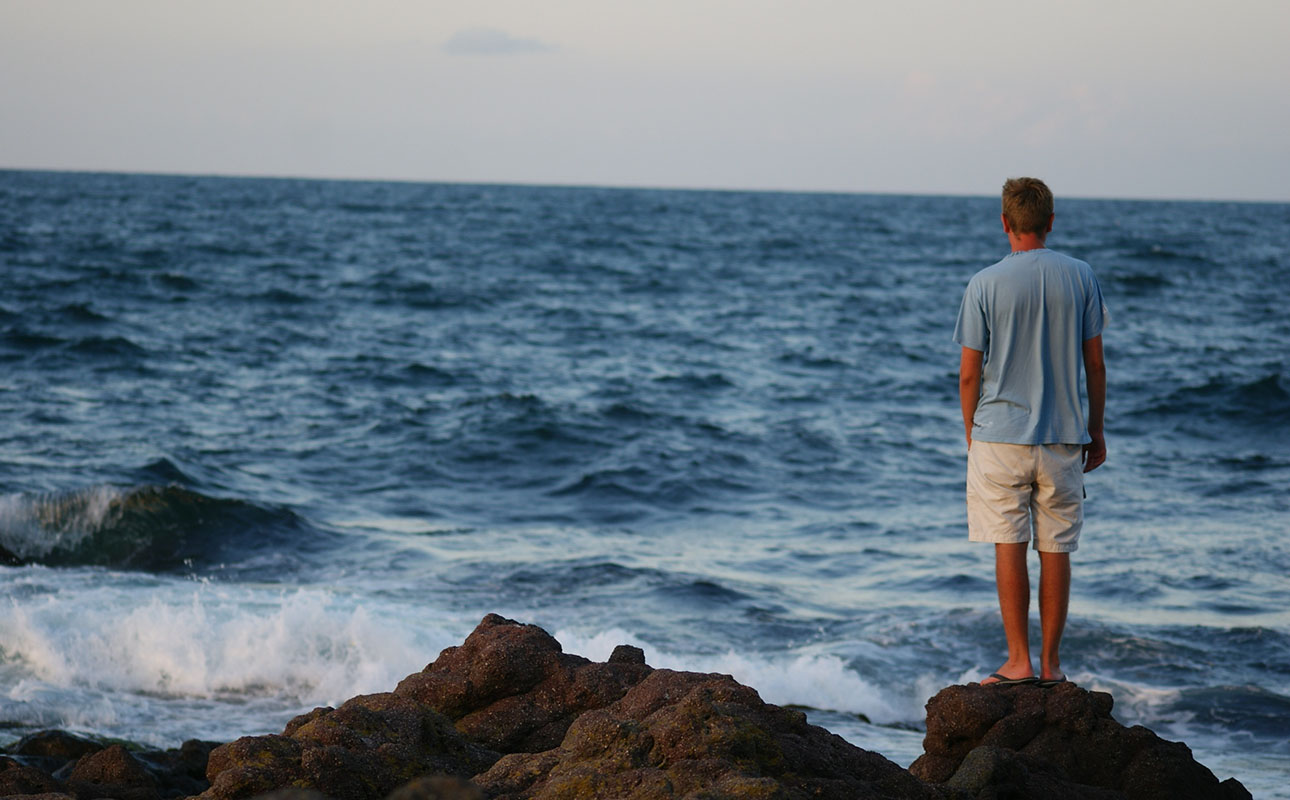Overcoming addiction is a difficult but ultimately lifesaving and rewarding process. For millions of people struggling with addiction or recovery from addiction, it can be hard to find fun activities to occupy your time. Finding activities that do not involve drugs and alcohol is crucial to recovery. Knowing a few different activities can help you to determine what you want to do, and can help you on your road to ultimate recovery.
Why Being Active Is Important in Sobriety
Being active is one of the most important elements when it comes to maintaining your sobriety. Hanging out with the people that you used to surround yourself with while getting high can be a slippery slope, one that often leads to relapse. Taking the time to keep your mind and body busy can truly make a difference in the overall success of your sobriety, and can help you to stay on the right track no matter what.
When it comes to both physical and social activity following sobriety in Southern California, it is important to not only find things you like to do and that you want to do but to also to find activities that are going to keep you away from the things that might lead to relapse. Staying away from temptation is as important as staying away from those people and situations that caused you to use drugs or alcohol in the first place.
Trampoline and Indoor Parks
One fun activity to do in sobriety is to find an indoor trampoline park like Sky Zone. Sky Zone and similar indoor parks offer trampolines, rock climbing, dodgeball, single participant sports, and even multiple participant sports as well.
Trampoline parks are a great way to help burn off extra energy that can often lead to people using again when they are bored or when they have too much time to think. It is also a fun and easy way to get some great exercise and to just get the blood pumping. Trampoline parks are a great way to spend time with family and friends, away from the distraction and possible relapse that can come from being alone, or from hanging out with people that you hung out with before you got sober.
Amusement Parks
If you are not an indoor person, or if you simply feel like something like a trampoline park is not for you, going outside can also be a great distraction and Southern California is absolutely gorgeous and has plenty to offer. Amusement parks like Disneyland, Six Flags, and Universal Studios, are all wonderful for getting out and spending some time in the sun while having a great time.
Theme parks can be a fantastic way to spend your day and to just have some fun and forget about your worries. It can also help you go back to childhood perhaps, and to more carefree times.
The Great Outdoors
Yet another way to have fun in sobriety taking advantage of the beautiful Southern California weather and natural elements that the landscape has to offer. Going to places like the Bridge to Nowhere or the Devil’s Punchbowl, along with any number of other fantastic parks and naturally occurring elements, can be super therapeutic. You’ll be able to marvel at the beauty of your surroundings.
Hiking nature trails are a great way to clear your head. Hiking is fun to do with family and friends or alone. Physical activity is a great way to stay sober, have fun, and get healthy.
Family & Friends and Life in Recovery
Often when people begin their road to sobriety, they have to cut ties with the people they would use drugs or alcohol with. For those connections that you do keep, making sure to keep them healthy is important. Spending time with family and friends that are aware of your sober journey, and that want to help encourage you, can be great motivation. Going to the beach, going to see a movie, or just spending time with those that love you and those that want you to succeed is a way to have fun.
Addiction Treatment Solutions Is Here For You
Addiction recovery is an impressive feat and taking the time to find fun things in sobriety will make a big difference in your overall recovery. Addiction Treatment Solutions is a free concierge service in the addiction treatment industry. We effectively match struggling addicts to addiction treatment. Reach out to us today to start your recovery journey!




